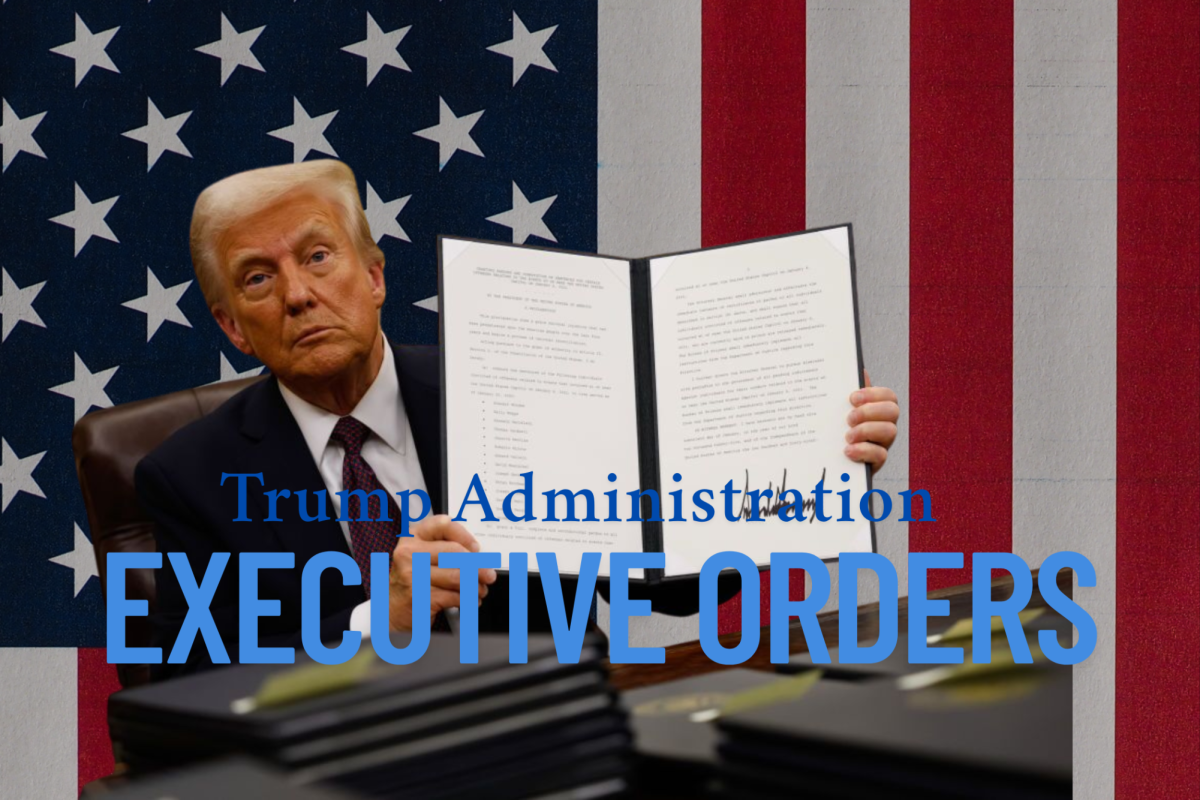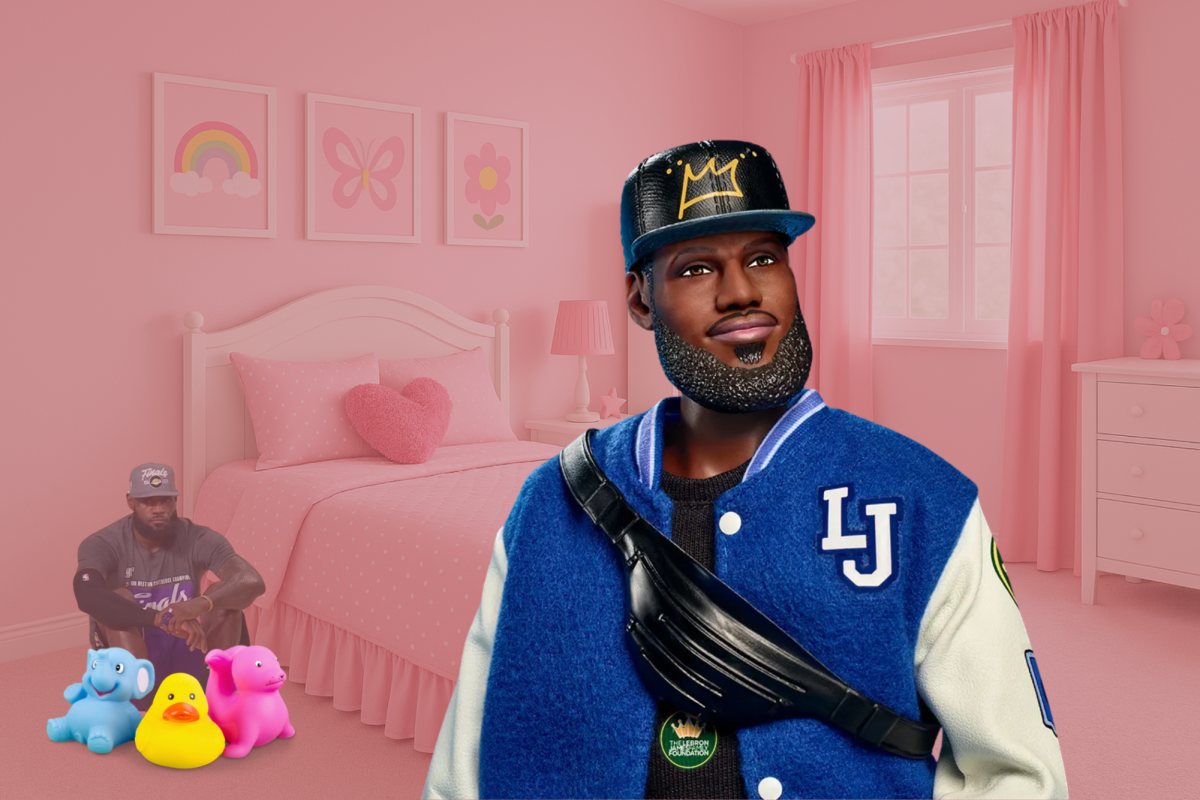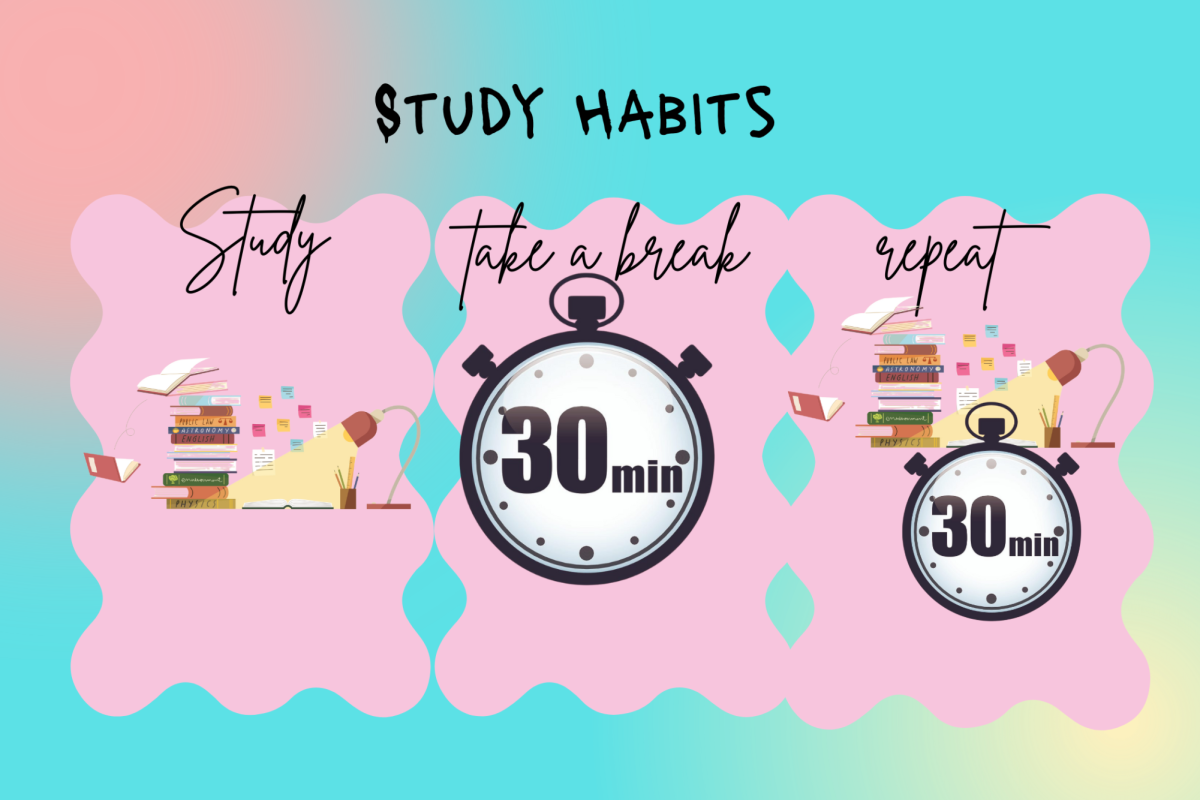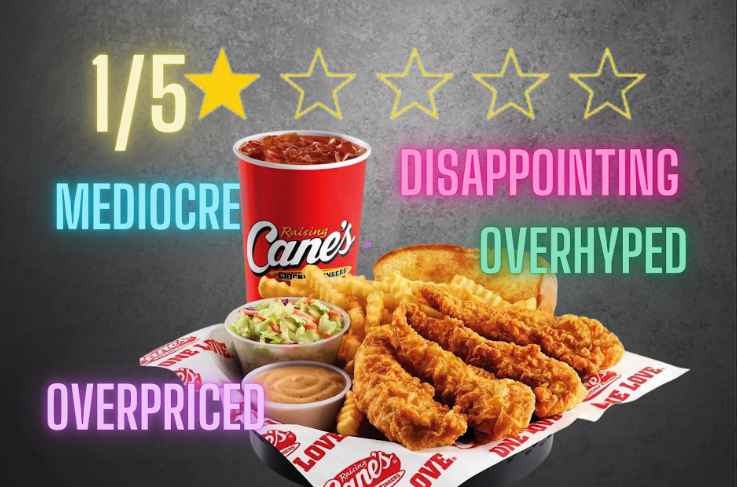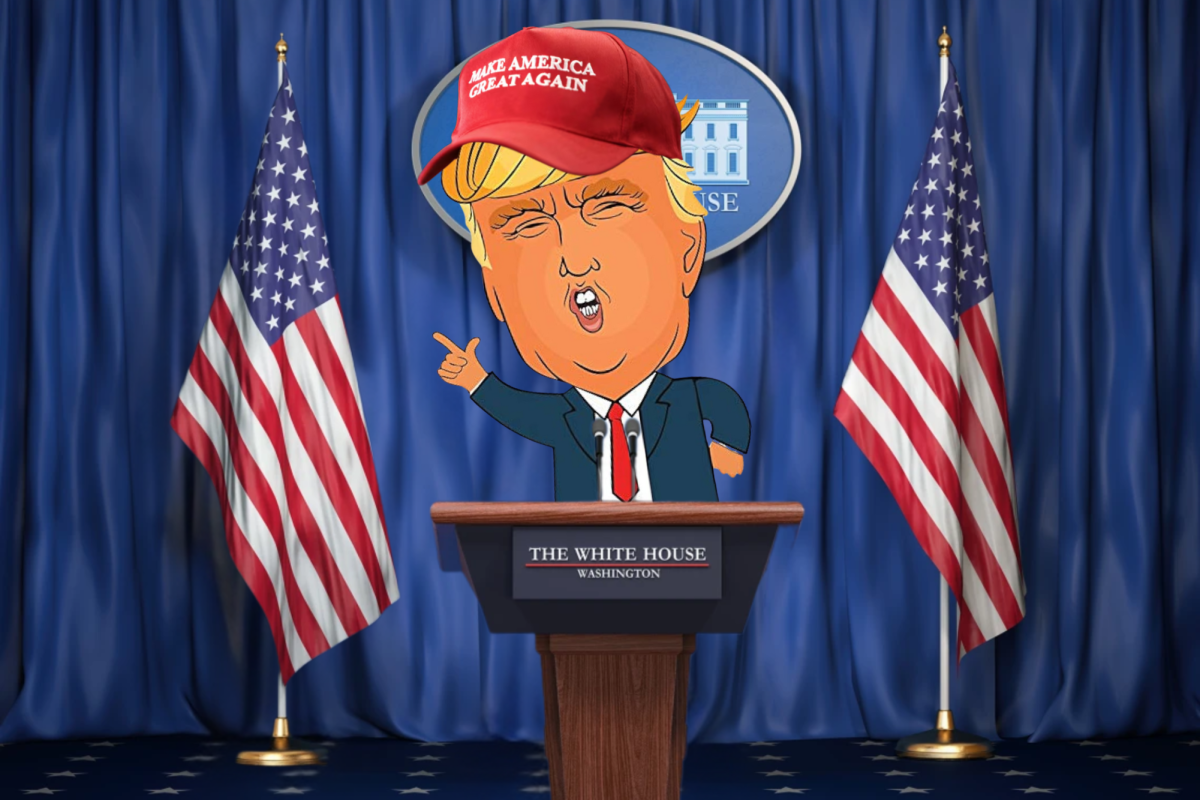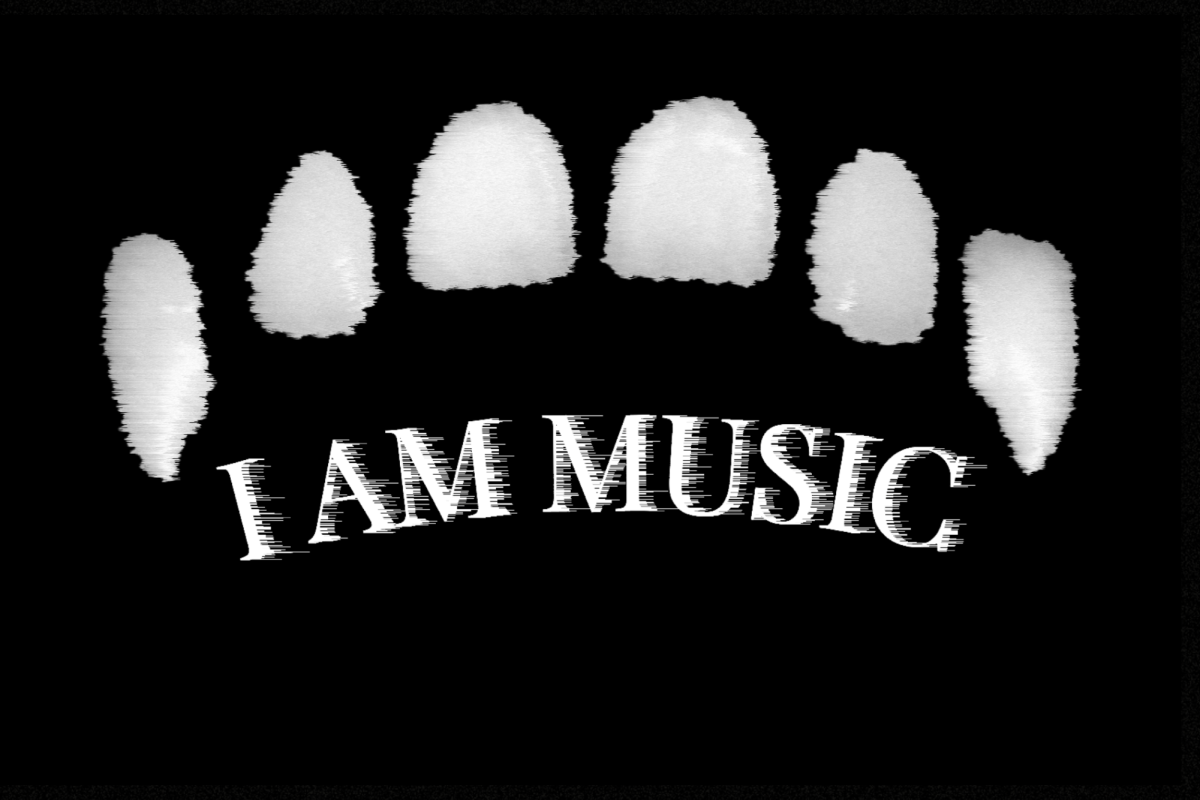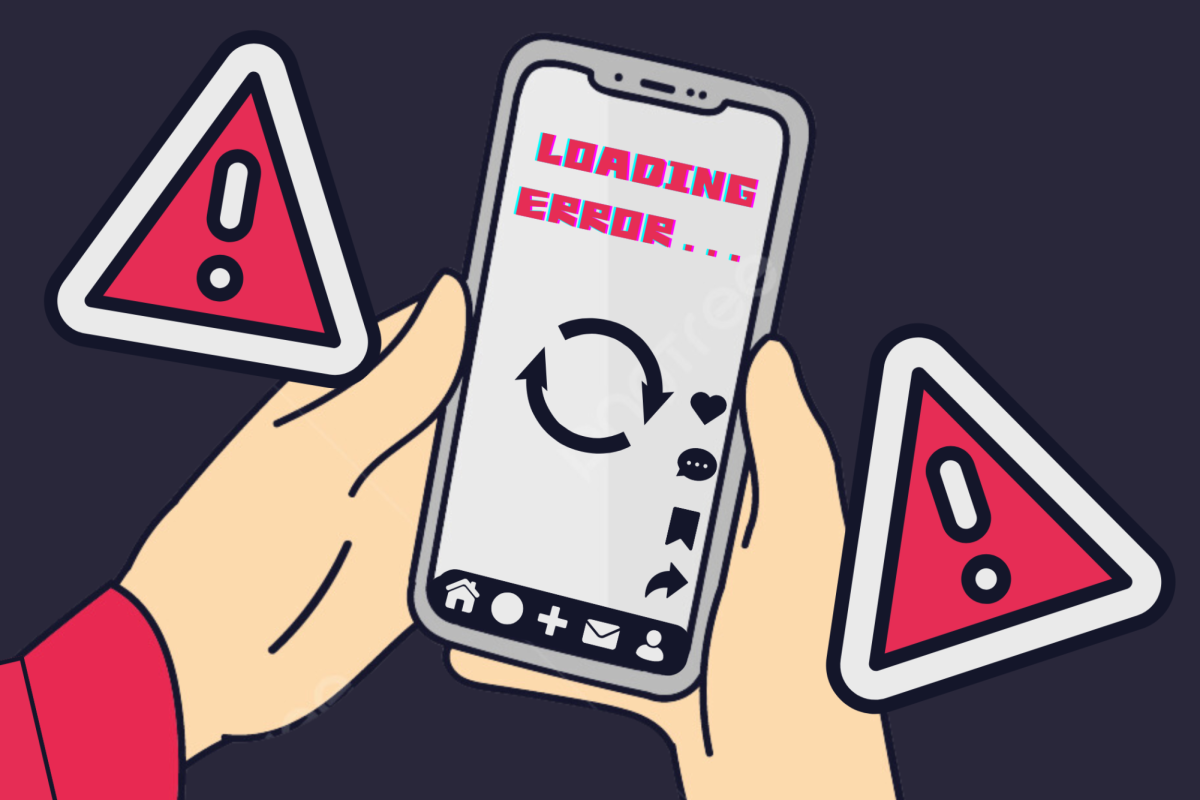Now who could have imagined that Trump and Biden would find common ground in wanting to ban TikTok?
It’s relatively odd to see these two actually agreeing over a policy rather than bickering about it. With the recent controversy surrounding TikTok’s future escalating, The House of Representatives recently voted on a measure that has the potential to ban Tiktok in the United States.
The measure was approved to move into the Senate with a vote of 325 supporting the measure and 65 opposing the measure.
The measure consisted of a request for Tiktok to sell a portion of its company that is owned by a foreign company – ByteDance.
ByteDance is a Chinese internet technology company that has contributed to develop video-sharing apps such as TikTok and Douyin.
Members of the House of Representatives are concerned about U.S. users’ privacy protection on TikTok.
Majority of legislation alleges that ByteDance has access to confidential information of the 170 million Americans who utilize the app.
This has the House in a state of distress because they are concerned that ByteDance will share sensitive data with the Chinese government – hence violating Americans’ right to privacy.
On April 23, the U.S. The Senate voted on the measure and the majority was in favor of the legislation that can now ban TikTok in the United States.
This new measure gives ByteDance nine months to a year to sell their portion of the company.
For this measure to be official, president Biden needs to sign it into action.
If Biden approves this measure Tiktok will be banned from all app downloading platforms.
Those in the House who opposed the measure highlighted that banning Tiktok can spark an issue of violating Americans’ right to freedom of speech.
In addition, Tiktok Ceo Chew Shou Zi, has stated that “American data [is] stored on American soil”, in hopes of managing the concern of data being shared.
Along with the concern of ties with ByteDance, some of the legislation brought up the issue of TikTok not being a safe platform for minors.
This conclusion came to light after congress invited Meta,TikTok and other social media CEOs to testify in a heated Senate hearing on child exploitation.
Many lawmakers have been concerned about the growing effects that social media applications have on children.
These lawmakers stated that children have to deal with predators, bullying, and addictive features while on these platforms.
In addition, they stated that these companies are not doing anything to protect children who utilize their platforms.
Even Senate Majority Whip Dick Durbin stated that social media companies are ”responsible for many of the dangers our children face online, [and] their design choices, their failures to adequately invest in trust and safety, their constant pursuit of engagement and profit over basic safety have all put our kids and grandkids at risk.”
It is common knowledge that there are risks when utilizing a social media platform, such as having the ability to potentially alter the attention spans of youth or even potentially lowering reading scores on standardized tests.
But legislation is not concerned about these risks, they instead focus their attention on the non-existent threat of data sharing.
While there will always be risks while using a social media platform,many companies make an effort to put in place safeguards in order to protect their younger users.
For example, when signing up for a tik tok account you have to provide your date of birth, and if you are under the age of 14 you cannot make an account
In addition, if you are suspected to be underage Tik Tok will ban the account.
But on the contrary, many believe that tik tok is relatively safe for those above the required age as well.
“In general, I think Tik tok is safe for minors. While there are certainly some creators with content focused more fully on older audiences, Tik Tok rules and guidelines generally do a great job at protecting younger kids.” Junior Peter Buskirk stated.
Along with these guidelines, parents have abilities to manage their children’s accounts and even put restrictions on the platform.
Due to these growing concerns, it provided more evidence for banning tiktok.
Many members of the Senate wished to not share their stance on the ban due to the controversy surrounding the topic.
In the beginning stages,Majority Leader of the Senate, Chuck Schumer wished to not share whether he would bring the measure to a vote.
In the end the senate decided to vote on the measure.
Unexpectedly, President Joe Biden proudly stated that he will sign the bill into law if it reaches his desk.
“I hope it doesn’t get banned for my sake, it takes up so much of my time, yet I really hope it doesn’t get banned.” Senior Mara Grebel stated.
Many use Tik Tok as an escape from reality of their daily lives, for some it is a way to calm down and just have time to themselves.
On the business side, the ban of Tiktok can affect over 7 million small businesses that utilize tik tok as a store front and as a place to promote their businesses.
“I don’t think TikTok should be banned.
It’s the livelihood of a whole host of people and to strip them of their source of income without [compensation] isn’t fair to them.” Buskirk stated.
Banning Tik Tok is more than just taking away an entertainment app, it is taking away valuable resources that tons of people use on a daily basis.
For US users, if the ban does pass, if the app is already downloaded onto your device you will still be able to access it.
But for new devices it will not be available for download.
Eventually the app will lose its functionality because no new updates will be permitted, resulting in the app becoming slowly glitchy and no longer able to work.
“Rest assured – we aren’t going anywhere,” Ceo Chew Shou Zi shared in a recent statement in efforts to relieve the users of Tik Tok.
In addition to his previous statement he also acknowledged that “the facts and the Constitution are on our side and we expect to prevail again.”
Reaffirming that they will not let TikTok be banned so easily and they intend to take legal action.







